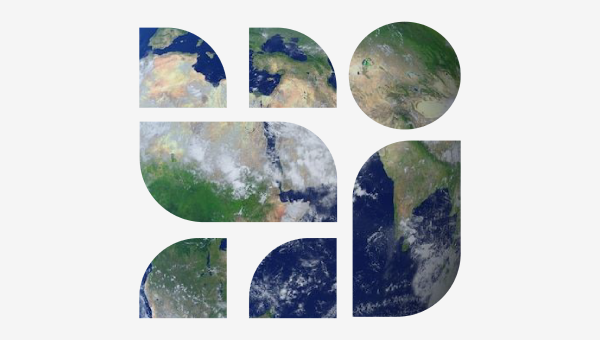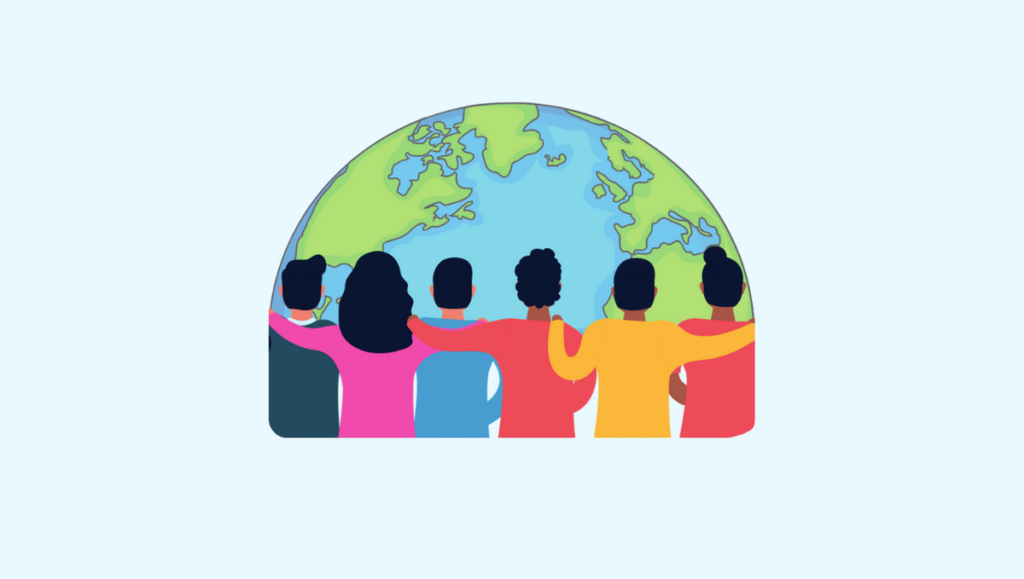
The climate crisis is one of the most pressing issues of our time. While the impacts are felt universally, it has profound consequences for future generations.
To understand how the climate crisis is affecting youth mental health, we partnered with the UNESCO Regional Office for South Asia to conduct a Regional Consultation as a part of the Global Youth Outlook: Youth Mental Health in Times of Crises initiative.
The consultation brought together youth leaders and advocates in the fields of climate change and mental health from Bhutan, Maldives, Nepal, India, and Sri Lanka. Through group discussions and mapping activities, participants explored key stressors, shared personal and community experiences, and reflected on coping and resilience strategies.
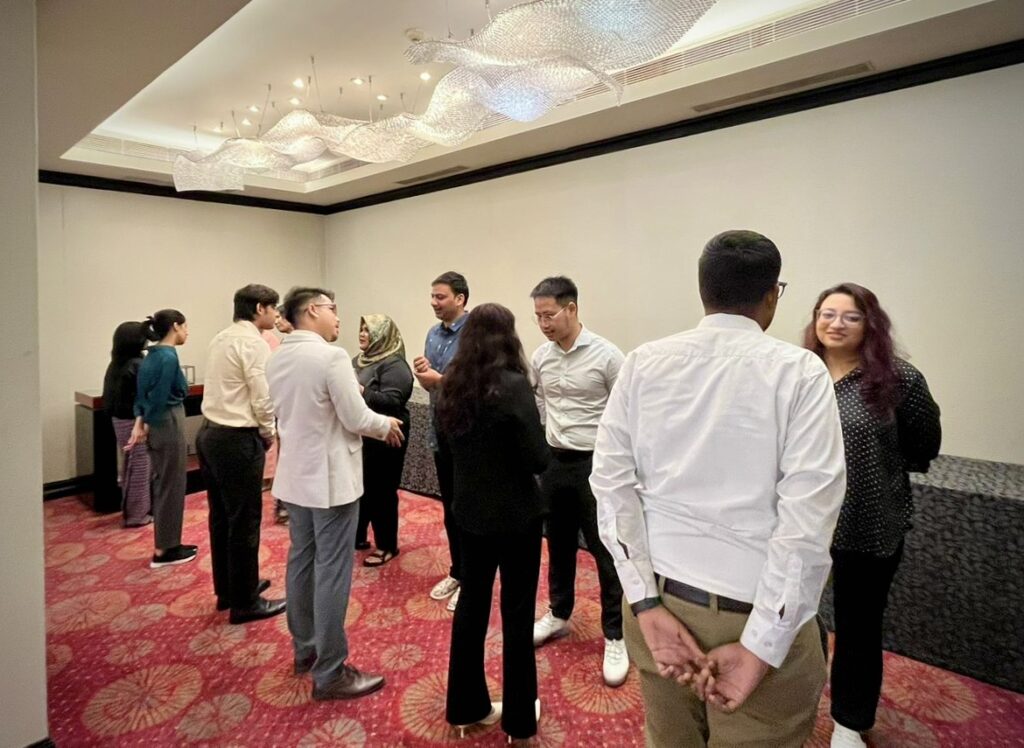
The group was diverse in terms of gender, age, representation from urban and rural contexts, and varying levels of experience in the field. To ensure regional representation, a supplementary virtual consultation was held with participants from Bangladesh.
The conversations at the consultation built upon existing research: across South Asia, young people are increasingly vulnerable to mental health problems and suicide risk. In addition to feelings of eco-anxiety, they grapple with social pressures like discrimination, academic stress, unemployment, and limited access to care, which compounds psychological distress.
How climate change affects mental health
The South Asia region is geographically, socio-economically, and culturally diverse, which translates into distinct climate challenges. Direct impacts like extreme weather events (such as extreme floods and intolerable heat) and climate-related disasters (such as cyclones and landslides) have extensive implications for all spheres of existence, including livelihoods, education, housing, health, availability of resources, human-wildlife relationships, cultural preservation, and much more.
The far-reaching implications of climate change have an inevitable influence on mental health. Climate change can result in the experience of climate-specific psychological challenges such as climate anxiety, ecological grief, and solastalgia (distress caused by environmental loss) as well as greater vulnerability to mental health problems, the exacerbation of pre-existing mental health conditions, and increase in the experience of negative emotions such as isolation, helplessness, and hopelessness.
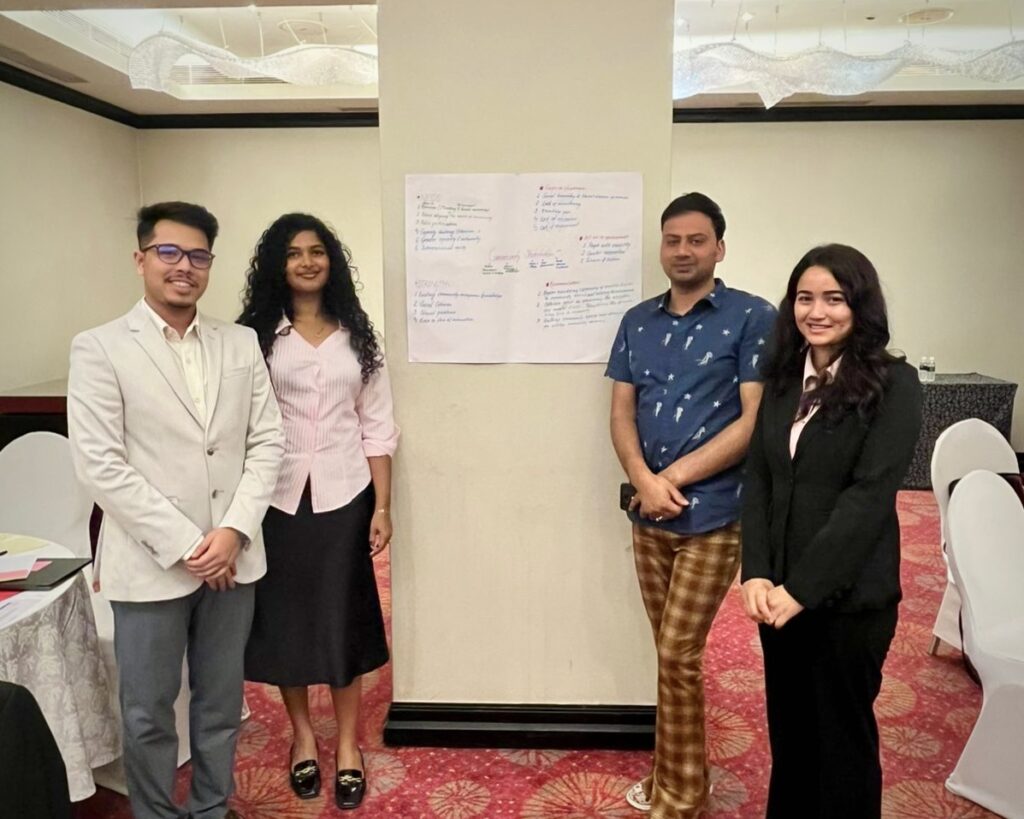
Policy response and resilience efforts in South Asia
At present, there are no dedicated policies, strategies, or action plans addressing mental health and climate change in the Region. Instead, mental health is sometimes addressed in climate resilience policies and frameworks, for example, India’s National Action Plan for Climate Change and Human Health. In the Maldives, the National Mental Health Policy briefly touches on the need for mental health services to address climate-related stressors.
The Mental Health Action Plan for the South-East Asia Region 2023-2030 emphasises that climate action must include Mental Health and Psychosocial Support (MHPSS).
Reflections from the Regional Consultation
The Regional Consultation served as a platform for young people to share personal experiences and observations to investigate the complex link between climate change and mental health. Rich discussions were held on themes of distinct climate crises, livelihood, education, infrastructure, resource availability, health, and their psychosocial effects.
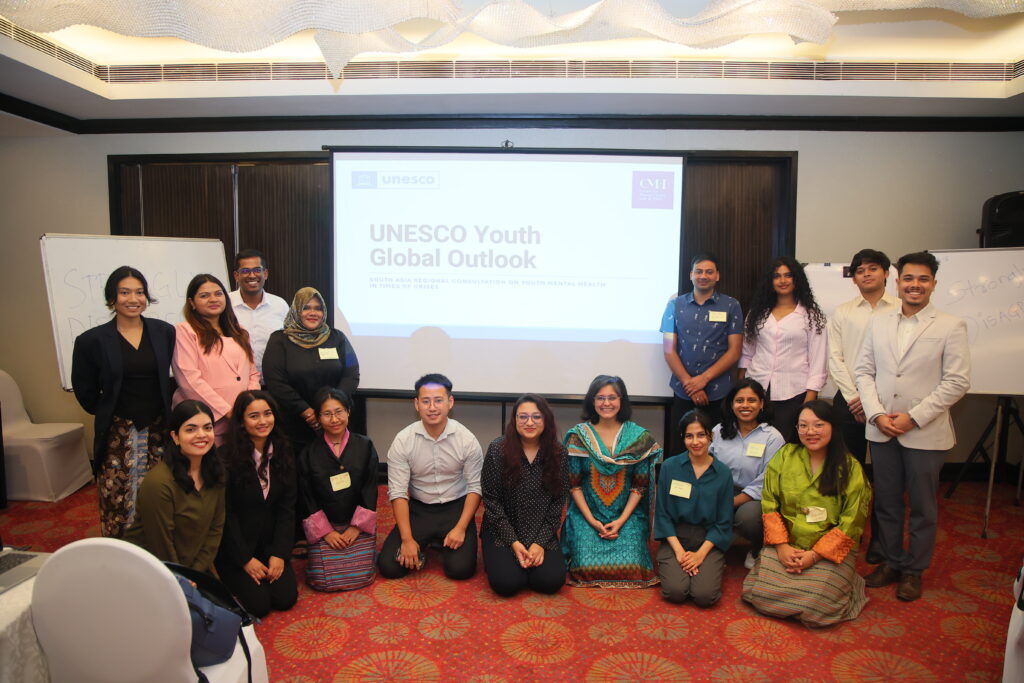
The participants also deliberated on recommendations to tackle the mental health crisis in the face of climate change and shared insights on resilience in the community and family, institutional, and government and policy levels.
A key observation shared during the discussions was that currently, the mental health systems in all countries are insufficient to address the climate crisis.
But despite the dissatisfaction with the current response, or lack thereof, the participants also expressed hope for the future, with platforms such as this being seen as a step in the right direction.
The Regional Consultation was organised by the Keshav Desiraju India Mental Health Observatory, an initiative to facilitate law and policy reform in mental health and suicide prevention under the Centre for Mental Health & Policy.
